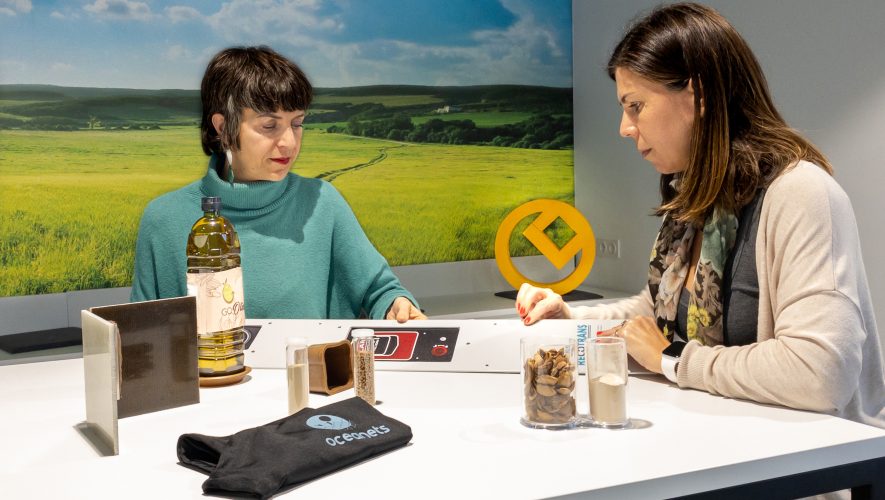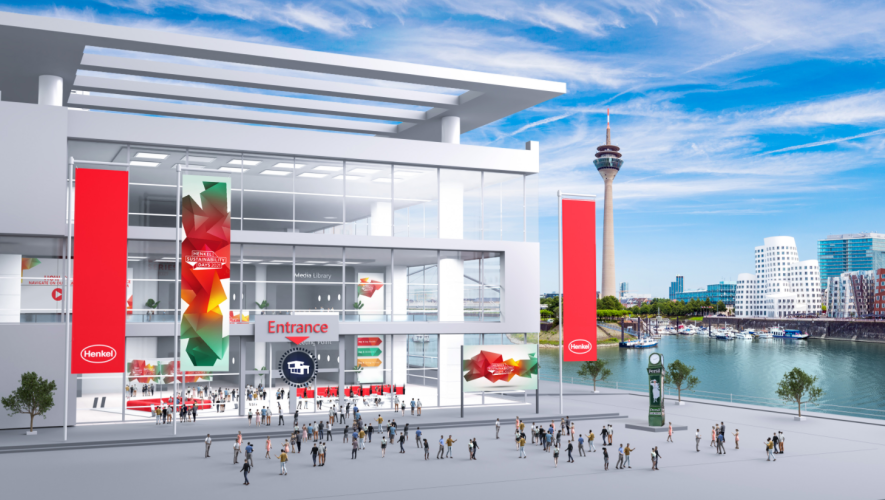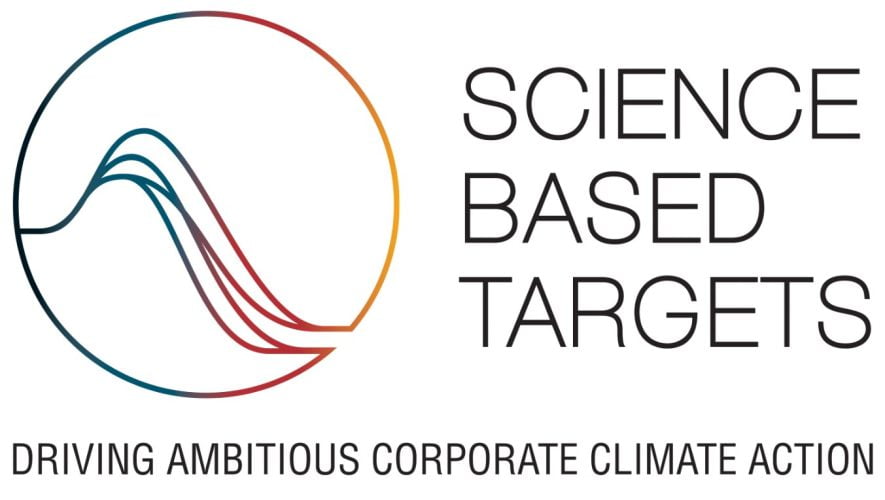This expanded activity was accompanied by an increase in employees and facilities implemented based on environmental sustainability criteria and an emissions reduction plan that earned the centre the CALCULO seal of approval from the Ministry for Ecological Transition and Demographic Challenge.
Society must increasingly face greater and more complex challenges. The COVID-19 health crisis demonstrated the importance of research, as well as the need for green, eco-friendly recovery. The current production scenario once again highlights the fact that natural resources are limited and that the linear production model is economically and environmentally unsustainable. For AIMPLAS, the Plastics Technology Centre, the circular economy is one of the keys for responding to these challenges and therefore accounts for a considerable share of the centre’s activity.
The technology centre’s R&D areas include ecodesign; the use of bio-based, recycled, recyclable, biodegradable and compostable materials; the development of new business models based on repair and reuse; and the improvement of waste collection, management and separation systems, as well as mechanical and chemical recycling processes to obtain quality materials for use in high value-added applications.
A total of 178 circular economy R&D projects were presented in 2021, one of which was GO-OLIVA. It was carried out with Olivarera de Los Pedroches and involved developing a new biodegradable and compostable plastic material from olive stones to manufacture olive oil products that can be processed in a composting plant or added to compost of olive tree debris. Another project presented in 2021 was MICROPLAST, which aims to remove microplastics from municipal and industrial wastewater with the participation of Aguas de Valencia and the Universitat de València. As a result of this project, a standardized methodology was developed to obtain homogeneous data on the presence of these particles in different wastewater sources.
The PUCO2 Project, developed with AIDIMME and INESCOP, involves doing research on how to turn industrial CO2 emissions into high value-added chemical products. Systems for converting CO2 into polyurethane have been developed for its use in paints, varnishes and adhesives in the footwear and furniture sectors. The ECOGLUE II Project, in collaboration with INESCOP, has developed a new generation of environmentally friendly bio-adhesives with applications in the footwear, transport and construction sectors. These bio-adhesives possess the same properties and functionality as conventional adhesives but have additional advantages: they come from renewable sources and can be dismantled, which makes recycling easier.
AIMPLAS also coordinated the European LIFE ECOMETHYLAL Project, which ended with the construction of a plant capable of extracting up to half a kilogram of methylal (a substance that can be used as a solvent or raw material to produce new plastics) from each kilogram of non-recyclable waste from the automotive, electrical-electronic and packaging industries. AIMPLAS also led the European RECOTRANS Project to manufacture lighter vehicles without increasing costs. New thermoplastic composites were developed using microwaves and laser welding, resulting in a reduction in costs and energy consumption, as well as confirmation of the feasibility of recycling and processing the resulting material.
The OCEANETS Project, yet another project in which AIMPLAS takes part, has developed chemical and mechanical recycling processes to use end-of-life fishing nets to produce sportswear with trackers to verify their source. When exposed to infrared rays, these trackers reveal their presence in the fabric through the use of an additive.
Technology services and training
In terms of technology services, AIMPLAS laboratories provided nearly a thousand circular economy services in 2021. It is the Spanish centre with the most tests accredited for the plastics industry. Thanks to its expertise, companies can verify the sustainability of their products and certify it by obtaining the relevant ecolabels.
A total of forty training activities, workshops and seminars were held and attended by more than 2,500 experts from 800 companies. Postgraduate courses such as the University Expert on Plastic Recycling from the Universitat de València was launched and international conferences such as the International Seminar on Plastics Recycling help prepare professionals and specialists in the sector.
This steady increase in activity was accompanied by investments in new facilities, including the extension of the recycling pilot plants. In line with environmental sustainability, these changes were implemented while bearing in mind the increase in the number of employees, activity and facilities, and the environmental impact of this activity. A complete plan was therefore drawn up to reduce emissions and earned the CALCULO seal of approval from the Spanish Ministry of Ecological Transition and Demographic Challenge in 2019 and 2020.
The EsPlásticos platform
AIMPLAS coordinated a proposal presented by EsPlásticos of a major Strategic Project for Economic Recovery and Transformation (PERTE) on the circular economy of plastics and innovation to contribute to the implementation of the Next Generation EU Recovery Plan for Europe and the Recovery, Transformation and Resilience Plan presented by the Spanish government, which involves investing more than €270 million in green recovery. AIMPLAS’ work at this platform involves highlighting the plastics industry’s contribution to society and raising awareness about recycling and the importance of citizen collaboration to achieve true circularity of plastics.



